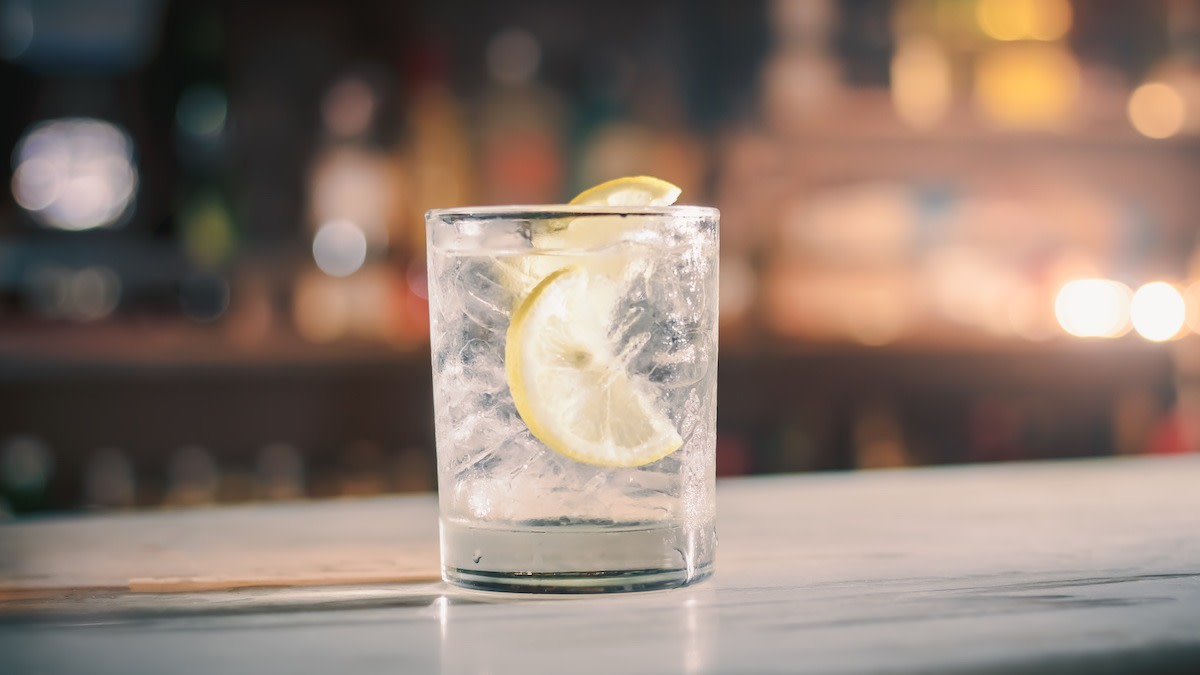What Is Tonic Water? How Tonic Water Is Made
Written by MasterClass
Last updated: Dec 21, 2021 • 3 min read
Tonic water is a type of soda water commonly used in cocktail recipes. It's also a refreshing pick-me-up when enjoyed on its own. Learn more about this unique carbonated beverage.
Learn From the Best
What Is Tonic Water?
Tonic water is a carbonated drink that contains a compound called quinine that creates its signature bitter taste. Manufacturers often add sugar to the drink to balance this bitterness, giving it a bittersweet taste. In the early nineteenth century, tonic water was considered a medicinal drink that medical professionals offered soldiers to help treat malaria. Tonic water has since become a popular palate refresher, favored for its bitter flavor. It's a widespread ingredient for several alcoholic drinks, such as the gin and tonic, tequila tonic, and vodka tonic.
What Is Tonic Water Made From?
While “tonic” is a general term for concoctions with health benefits and invigorating properties, tonic water is a carbonated beverage containing water, carbon dioxide, and quinine. Some tonic water makers use added sugars or agave to balance out the bitter flavor of quinine. Depending on the brand, a tonic syrup might contain botanical flavoring agents like juniper, lemongrass, lavender, elderflower, or ginger.
What Is Quinine?
Quinine is a natural alkaloid extracted from the bark of the cinchona tree. Also known as the fever tree, cinchona trees are most commonly found in South America. Quinine is an effective treatment for malaria, which contributed to the initial popularity of tonic water. Quinine pills have since replaced the drink as one treatment for malaria. In the United States, the US Food and Drug Administration (FDA) limits the amount of quinine used in carbonated beverages because high doses of quinine can result in serious side effects.
Tonic Water vs. Seltzer vs. Club Soda: What’s the Difference?
Tonic water, seltzer, and club soda are three types of carbonated water. Consider the differences between these beverages before you mix them into a cocktail.
- Additives: Seltzer requires only two ingredients: water and carbon dioxide. While tonic water and club soda also feature dissolved carbon dioxide to create their characteristic fizz, manufacturers add other ingredients to the beverages to create their signature tastes. Tonic manufacturers add quinine to the drink and often use sugar to counteract the bitterness. Club soda manufacturers add minerals to the drink that mimic the natural minerals and slightly salty flavor of mineral water.
- Flavor: The biggest difference between tonic water, seltzer, and club soda is the taste. Tonic water has a strong bittersweet flavor, while club soda has a mild, faintly salty flavor. Seltzer, on the other hand, tastes more similar to plain water.
- Nutritional content: Since tonic water contains added sweeteners (such as sugar or high-fructose corn syrup) and calories, it falls under the soft drink category. Plain club soda and seltzer have the same nutrient profile as plain water and usually contain zero calories and zero sugar. Diet tonic waters may feature a diet sweetener like aspartame that contains no calories.
- Uses: Seltzer is typically enjoyed on its own and is rarely used in cocktail recipes. However, tonic water and club soda are both ingredients that mixologists use to add a bubbly mouthfeel to a cocktail. Their vastly different flavor profiles contribute different tastes to a drink, which is why bartenders rarely substitute one for the other. Tonic water can add strong bitterness and sweetness to liquor and isn’t usually accompanied by many other flavored ingredients. On the other hand, club soda has a mild flavor and adds a unique mouthfeel to a drink with other flavorful ingredients.
Learn More
Learn more about mixology from award-winning bartenders Lynnette Marrero and Ryan Chetiyawardana. Refine your palate, explore the world of spirits, and shake up the perfect cocktail for your next gathering with the MasterClass Annual Membership.
